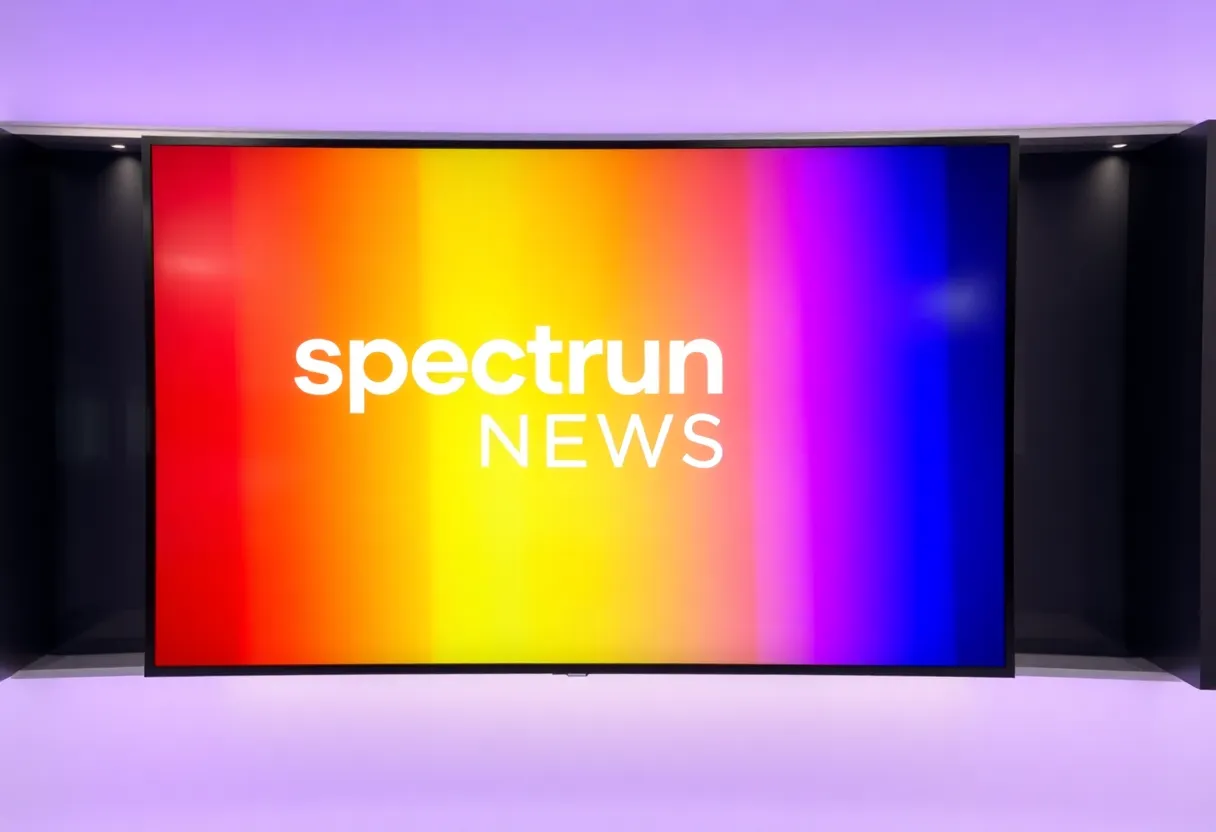News Summary
The U.S. Department of Health and Human Services has initiated a bold research effort, led by Secretary Robert F. Kennedy Jr., to identify causes of rising autism rates. With ambitious goals set for completion by September, this initiative faces criticism over its ambitious timeline, potential biases, and the complexities of autism. Experts are concerned about the focus on vaccines and the integrity of the research methods, given budget cuts and past controversies surrounding the initiative’s leaders. Calls for more scientifically grounded research are growing amid rising public health concerns.
HHS Launches Controversial Initiative to Investigate Autism Causes
The U.S. Department of Health and Human Services (HHS) has stirred the pot with a bold new initiative aimed at figuring out why autism rates are climbing. This major research effort is being spearheaded by HHS Secretary Robert F. Kennedy Jr. and involves an extensive collaboration with hundreds of scientists around the globe.
Setting Ambitious Goals
The ambitious timeline indicates that the study is expected to wrap up by September, with Kennedy expressing high hopes that the research will pinpoint the cause of autism and subsequently eliminate those exposures by then. This assertion raises eyebrows, as many experts have pointed out that the complexities of autism cannot be simplified into a single cause or a quick resolution.
Rising Autism Rates
In 2020, staggering statistics revealed that about 1 in 36 children in the U.S. were diagnosed with autism spectrum disorder (ASD), a significant increase from the 1 in 150 rate observed in the year 2000. Kennedy has suggested that the rate may climb even higher, possibly reaching 1 in 31, igniting discussions among parents, researchers, and advocacy groups.
Understanding the Science
While autism diagnoses are soaring, many specialists believe the rise is attributable to improved awareness and broader definitions rather than a direct increase in cases. Enhanced screening processes and earlier detection methods are also contributing factors. Despite ongoing debates, the underlying causes of autism remain elusive, with genetic makeup, advanced parental age, and environmental factors being key considerations in existing research.
Vaccine Concerns and Controversy
One of the most controversial aspects of Kennedy’s initiative is the connection being drawn to vaccinations. President Trump has voiced his agreement, speculating that “something artificial” could be contributing to the uptick in autism diagnoses, which many critics interpret as a veiled reference to vaccines. However, a plethora of studies from organizations like the National Institute of Environmental Health Sciences indicate no established link between vaccines—including those containing the mercury-based compound thimerosal—and autism.
Criticism from Experts
Kennedy’s past promotion of anti-vaccine sentiments raises red flags for numerous experts who worry about the skewed integrity of this research. Critics highlight that the research is set on shaky ground, primarily due to Kennedy’s previous claims that lack scientific backing. His recent directive to the Centers for Disease Control and Prevention (CDC) to investigate vaccines and autism seems at odds with ongoing research that has consistently shown no correlations.
Concerns Over Research Integrity
Adding to the controversy, HHS recently hired David Geier, a figure with a history of supporting the vaccine-autism hypothesis. His controversial background has many questioning the impartiality of the research initiative. Furthermore, Kennedy’s management style has come under scrutiny after the departure of Dr. Peter Marks, a top regulator at the FDA, raising questions about the direction of this inquiry.
Public Response and Accountability
In light of rising measles cases, which saw two tragic unvaccinated child fatalities in Texas, Kennedy’s dismissal of the severity of the outbreak has drawn heavy criticism. His assertion that measles cases have “plateaued,” despite increases in various states, has fueled skepticism.
Calls for Science-Based Research
Organizations like the Autism Society of America are urging a shift towards rigorous, science-backed methods in approaching autism research rather than speculative assessments. The fast timeline Kennedy has set for studying complex issues is seen as overly ambitious by many researchers who understand the depth of analysis required.
Budget Cuts and Feasibility Concerns
To add fuel to the fire, HHS is facing significant budget cuts, prompting concerns about whether this expansive research effort can be realistically conducted amid staffing reductions and constraints. As dissatisfaction grows, public health experts demand more accountability and transparency regarding Kennedy’s autism study, leading House Democrats to initiate a probe into the involvement of those tied to the initiative.
A Complex Path Forward
As this story continues to unfold, it underscores not only the challenges of understanding autism but also the critical importance of ensuring that research remains grounded in solid scientific evidence rather than speculation and fear. The journey to unlocking the mysteries of autism will undoubtedly keep many engaged and watching closely.
Deeper Dive: News & Info About This Topic
- CNN
- Wikipedia: Autism
- NBC News
- Google Search: Autism research
- The Crimson
- Google Scholar: Autism causes
- CBS News
- Encyclopedia Britannica: Autism
- ABC News
- Google News: RFK autism initiative







